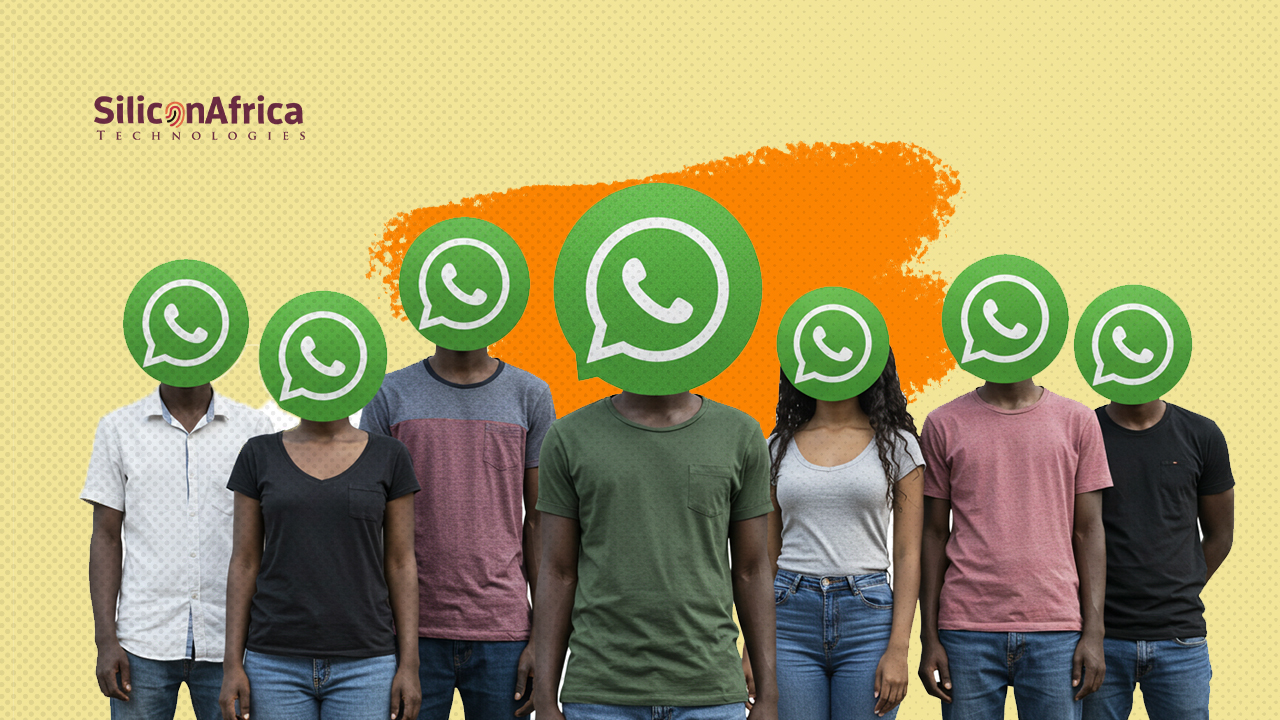Physical Address
60 Ekwema Cres, Layout 460281, Imo
Physical Address
60 Ekwema Cres, Layout 460281, Imo

WhatsApp is no longer just for chatting with friends—it’s now a powerful tool for business across Africa. From Lagos’ lively markets to Johannesburg’s busy streets, entrepreneurs use WhatsApp Business Africa to sell their products, reach customers, and manage sales—all from their smartphones.
With its easy features, low data costs, and huge popularity, WhatsApp has become a business hub, especially in Nigeria and South Africa. It’s helping small businesses promote their services, handle customer support, and build strong relationships.
Voice notes help close deals fast, and video calls save time by replacing long meetings. With everything from customer chats to marketing in one app, many entrepreneurs in Africa see WhatsApp as their storefront, customer service desk, and sales tool all in one place.
In this article, we’ll take you through how Nigerians and South Africans are using WhatsApp to grow their businesses. You’ll learn what strategies they use, and what challenges they face.
WhatsApp began with a simple goal: to help people stay connected without breaking the bank. Back in 2009, two former Yahoo employees, Brian Acton and Jan Koum, came up with the idea.
They wanted to create an app that let people send messages instantly without paying for expensive SMS. The casual greeting “What’s up?” inspired the name WhatsApp, giving it a friendly and easygoing feel.
In the early days, WhatsApp was just a status-updating app. But by 2010, it introduced instant messaging, which quickly became a hit. People loved that they could send unlimited messages without worrying about SMS charges.
A major turning point came in 2014 when Meta bought WhatsApp for a whopping $19 billion—one of the biggest tech deals ever. Despite the acquisition, WhatsApp stayed independent and kept its promise of being ad-free.
WhatsApp didn’t stop there. New features kept rolling out: voice calls in 2015, video calls in 2016, and the WhatsApp Status feature in 2017, which allowed users to share updates, similar to Instagram Stories.
But the most significant change came with the launch of WhatsApp Business in 2018. This version was built specifically for small businesses, helping them connect with customers more easily.
It introduced useful tools like business profiles, automated replies, and product catalogs to showcase its offerings and has spread among countries and continents.
See: Top Effective Methods to Transfer WhatsApp Data from Android to iPhone in 2026
Unlike the West, where traditional phone services are common, Africans rely heavily on WhatsApp for communication, news, and even essential services.
Here’s a breakdown of how this app is been used by Africans.
With nearly 30 million WhatsApp messages sent every minute worldwide, the platform is a major channel for staying in touch. In Africa, people use WhatsApp to chat with loved ones, share updates, and stay connected—no matter how far apart they are.
For migrant workers living abroad, WhatsApp is a lifeline, helping them maintain close ties with their families back home through quick messages, voice notes, and video calls.
WhatsApp is not just for socializing—it’s a key source of news for many Africans. In Nigeria, for example, people often turn to WhatsApp for updates on local events and current affairs.
This is especially true in rural areas, where access to newspapers, TV stations, or local radio can be limited. With news shared in community groups and broadcasts, WhatsApp keeps people informed quickly and easily.
Beyond communication and news, WhatsApp is also a tool for business and government services. In South Africa, for instance, residents can use WhatsApp to renew their car licenses which is a quick and easy alternative to waiting in long lines.
Many businesses also use the WhatsApp Business app to market their products, handle customer service, and manage orders. From small shops to large companies, WhatsApp has become a go-to platform for growing businesses and reaching customers directly.
You should read this: How to Use and Activate Read Receipts on WhatsApp
Here’s how WhatsApp business is helping Nigerian businesses to grow:
You should read this: How to Sign in to WhatsApp Web on Your Laptop 2026
South African businesses are just as excited about using WhatsApp to connect with customers and grow their brands. Here’s how they’re making the most of it:
As Africans who intend to be out there more often, here are some simple ways to make the most of WhatsApp for your business:
Related article: Easy Guide: How to Schedule a Call on WhatsApp
While WhatsApp is a great tool for business, it comes with a few challenges to watch out for:
In Nigeria and South Africa, business owners use features like WhatsApp Status to showcase products, WhatsApp Groups to engage customers, and automated replies on WhatsApp Business to handle inquiries quickly.
WhatsApp is widely used because it’s simple, affordable, and accessible on most smartphones. Plus, many mobile providers in Africa offer free or low-cost WhatsApp data plans, making it easy for businesses and customers to stay connected.
In South Africa, businesses often create WhatsApp Groups to build customer communities, share updates, and promote products. Groups also allow for direct feedback, helping businesses understand their customers better.
Businesses can use tools like WhatsApp Business API, customer relationship management (CRM) software, and chatbots to handle large volumes of messages efficiently.
WhatsApp has changed the way businesses in Nigeria and South Africa interact with customers and run their operations. Its features made specifically for businesses, have turned it into an essential tool in a more effective way.
By using WhatsApp Business smartly and carefully, businesses can strengthen customer bonds, simplify their processes, and boost their growth.
If you found this article useful, we’d love to hear from you! Drop your thoughts in the comments below. And don’t forget to connect with us on our social media channels for more tech tips and valuable content. Join our community and stay updated on all the latest insights!